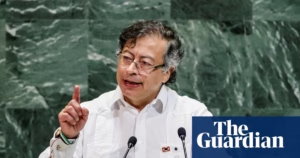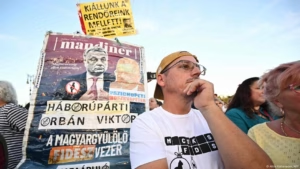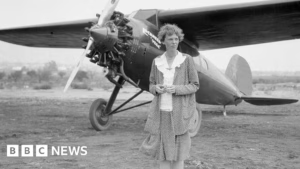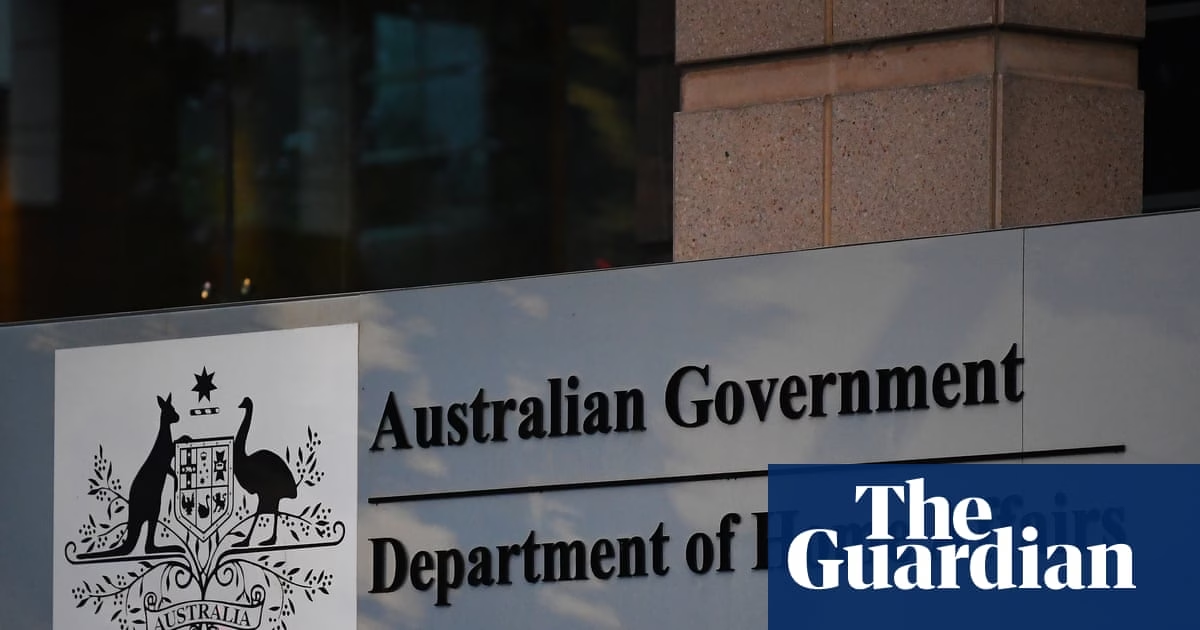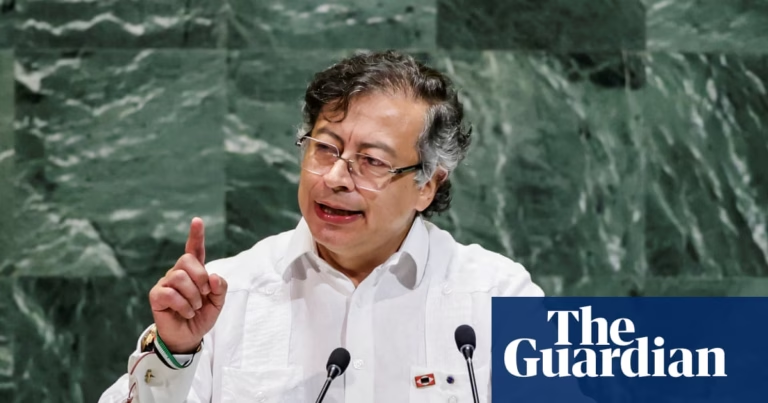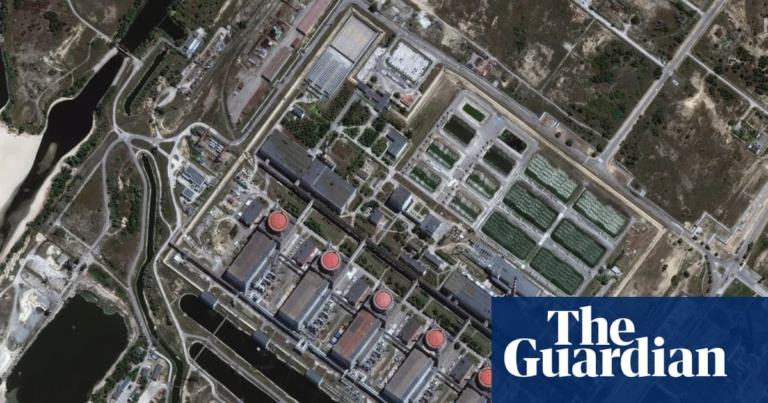Australia’s home affairs department initially rejected a Malaysian man’s application for a protection visa on the grounds that he provided insufficient evidence of being an LGBGTQ person. However, the administrative review tribunal later accepted his claims, recognizing that he might face persecution in Malaysia, where same-sex acts are prohibited. As a result, the tribunal returned the man’s visa application to the department for re-evaluation last month.
In the tribunal’s decision, published this week, it was stated that there is a real possibility the man would face persecution due to his sexuality if he were to return to Malaysia. Li Luo, the tribunal member, found the man’s account of his experiences to be convincing and accepted him as a refugee. This means that Australia has protection obligations towards him under the Migration Act.
Luo also acknowledged the man’s experiences of being rejected by his family, facing bullying and harassment from friends and colleagues in Malaysia, and feeling the need to remain introverted due to the negativity he experienced. On the other hand, the man expressed that his sexuality is accepted in Australia.
The Malaysian government’s stance on LGBQTQ issues applies to all individuals but is more pronounced for Malay Muslims, who face punishment under both Sharia and penal law for expressing their LGBQTQ identity. Malaysian authorities have also been promoting conversion practices for LGBQTQ individuals, primarily targeting Muslims.
The man traveled to Australia in February 2020 and stated in his protection visa application that he is gay and a supporter of LGBQTQ rights. He also claimed that his family rejected him when they discovered his sexuality, and he hasn’t been in contact with them since he left Malaysia.
The department had invited the man to provide further information and evidence to support his claims. However, he did not respond to the request and was not interviewed by the department. As a result, the delegate refused to grant the visa, citing a lack of sufficient information or evidence that he was an LGBQTQ person.
The Department of Home Affairs and the home affairs minister were contacted for comment.
